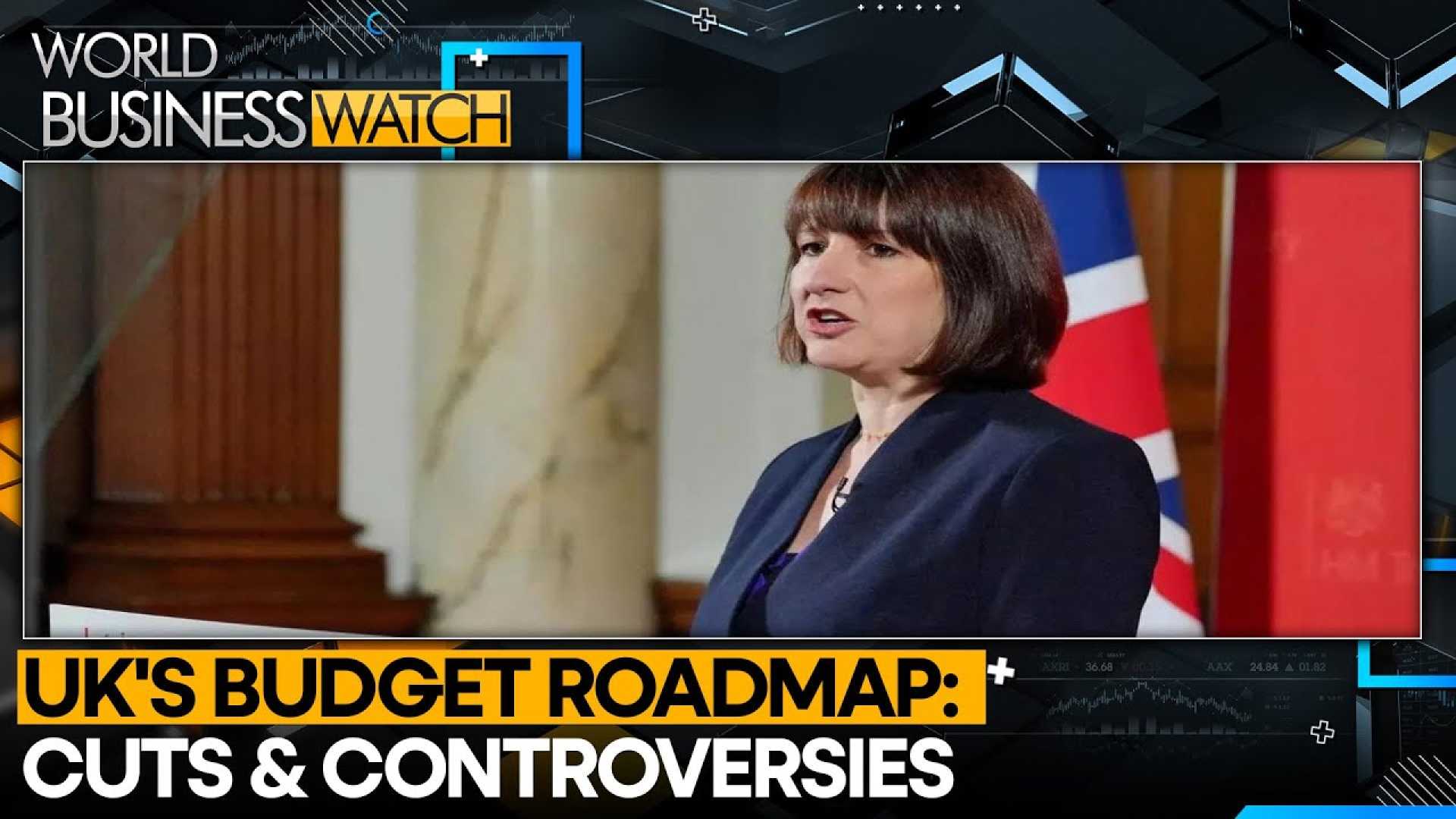Politics
Speculation Surrounds Labour’s Upcoming Budget Plans

With only weeks until the government’s first Budget, the public eagerly anticipates whether the ruling party will fulfill its manifesto commitments without unexpected surprises. Notably, Labour has kept details of its tax plans under wraps, fueling speculation about potential changes, including adjustments to capital gains tax rates and tax-free lump sums.
Labour has confirmed its pledge to support “working people,” ruling out hikes to income tax, National Insurance, and VAT. However, recent rumors suggest the Chancellor may target previously exempt areas, such as certain allowances, which could affect non-working individuals.
Labour has not committed to freezing capital gains, leading to discussions around potential increases in rates or reductions in the current threshold, which could impact business owners and shareholders. Sarah Coles of Hargreaves Lansdown noted that raising capital gains tax could align with Labour’s promise not to increase taxes for working people, although it presents a challenge to the party’s wealth creation goals.
Chris Rudden from Moneyfarm speculates that despite Labour’s pledge not to increase income tax or National Insurance, capital gains tax might still be in jeopardy. He emphasized the fragile nature of UK investments and the obstacles posed by increased tax burdens.
On the topic of inheritance tax (IHT), shadow Treasury official Darren Jones recently suggested using IHT to address intergenerational inequality. Labour could potentially revise inheritance tax thresholds or examine existing reliefs allowing for tax reductions upon death, sparking concerns among estate planners.
Other financial instruments, such as pension contributions and savings allowances, could also face scrutiny. Experts like Alice Haine of BestInvest highlight the possibility of reducing the annual pension allowance, which would affect tax relief on contributions and possibly amend the tax-free lump sum provision.
State pensions remain protected under Labour’s commitment to the triple lock, yet plans suggest this could lead to taxation by 2028. The party hasn’t detailed intentions for altering allowances applicable to savings accounts, opening the door for future policy changes.
Council tax reform is another area where Labour remains non-committal. A leaked recording suggests a potential shift towards a proportional system based on property value, aligning with proposals from the Fairer Share think tank.
The discussion extends to other areas like Isa allowances and the personal savings allowance. Suggestions from the Resolution Foundation involve placing a cap on Isa savings, potentially altering tax liabilities for high-income savers.
Labour’s broader economic strategy seems poised to tackle non-dom tax statuses and possibly reform private school fees taxation, further expanding their fiscal agenda. Shadow Chancellor Rachel Reeves recently announced stopping Conservative social care reform plans, reallocating anticipated savings elsewhere.
The party’s approach faces criticism for its ambiguity, with some experts claiming that Labour risks a budgetary shortfall unless it identifies substantial revenue sources or embraces economic growth strategies. Analysts, including those from the Institute for Fiscal Studies and the Resolution Foundation, warn of possible tax hikes or spending cuts needed to balance financial projections.












